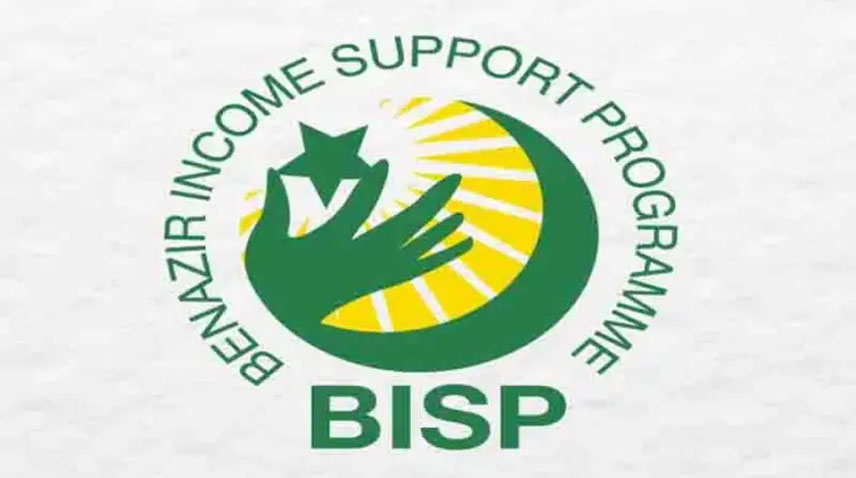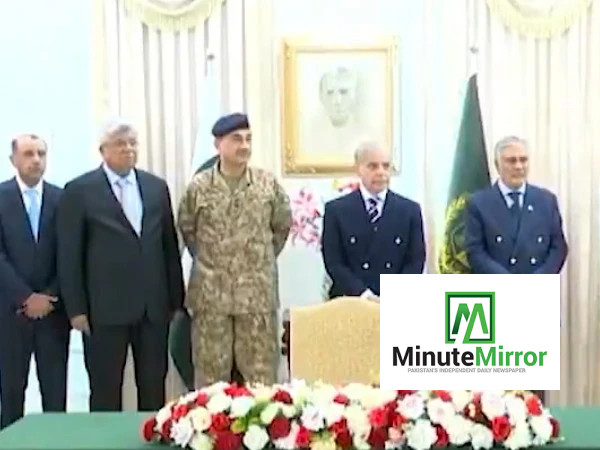- Sindh govt announces judicial inquiry into deadly Gul Plaza blaze Dawn
- Sindh cabinet approves Rs19bn Karachi road projects, ‘major relief’ for Gul Plaza victims Business Recorder
- Gul Plaza tragedy: 30 affctees to get compensation cheques…
Category: 1. Pakistan
-
Sindh govt announces judicial inquiry into deadly Gul Plaza blaze – Dawn
-

CJP consults bar associations on judicial reforms, citizen-centric justice
– Advertisement –
ISLAMABAD, Jan 29 (APP):Chief Justice of Pakistan engaged with delegations from the District Bar Associations of Mansehra and Kohat on Thursday as part of an ongoing stakeholder consultation process aimed at advancing judicial…
Continue Reading
-
PM, Iranian President discuss evolving regional situation – RADIO PAKISTAN
- PM, Iranian President discuss evolving regional situation RADIO PAKISTAN
- FM Dar stresses importance of dialogue, diplomacy in call with Iran’s Araghchi Dawn
- Iran thanks Pakistan for support at UN rights council Anadolu Ajansı
- PM Shehbaz…
Continue Reading
-
Foreign Office ‘does not subscribe’ to judge’s opinion on ‘terrorist states’ in Imaan Mazari case – Dawn
- Foreign Office ‘does not subscribe’ to judge’s opinion on ‘terrorist states’ in Imaan Mazari case Dawn
- IHC Bar rejects lawyers’ role in Imaan Mazari, husband’s arrests The Express Tribune
- Defiance as a profession: Pakistan’s jailed…
Continue Reading
-
PM Shehbaz, Iranian president discuss regional situation – Business Recorder
- PM Shehbaz, Iranian president discuss regional situation Business Recorder
- Pakistan opposes any use of force against Iran Dawn
- Pakistan moves to defuse US-Iran tension as PM Shehbaz speaks to Pezeshkian The Express Tribune
- Pezeshkian: US must end…
Continue Reading
-

Dhaka–Karachi Direct Flights Resume After 14 Years
File photo of Biman Bangladesh Airlines Karachi- A special ceremony will be held on Thursday night at the Karachi airport to celebrate a direct flight between Pakistan and Bangladesh, restoring non-stop air connectivity between the two countries…
Continue Reading
-

10 million BISP beneficiaries to get payments through digital wallets from new fiscal year
– Advertisement –
KARACHI, Jan 29 (APP):National Assembly Standing Committee on Poverty Alleviation and Social Safety, while reviewing progress on conversion of BISP beneficiary accounts to digital banking channels on Thursday, was informed that…
Continue Reading
-
PIA privatization process concludes with signing of transaction documents – RADIO PAKISTAN
- PIA privatization process concludes with signing of transaction documents RADIO PAKISTAN
- PM Shehbaz, CDF Munir attend ceremony held for signing of documents regarding PIA’s privatisation Dawn
- PIA privatisation process concludes with signing of…
Continue Reading
-
Shehbaz Sharif pays tribute to police, security forces for killing terrorists in Bannu – RADIO PAKISTAN
- Shehbaz Sharif pays tribute to police, security forces for killing terrorists in Bannu RADIO PAKISTAN
- At least 3 terrorists killed after security forces launch large-scale operation in Bannu’s Domel Dawn
- Three terrorists killed in DI Khan…
Continue Reading
-

PM Shehbaz, COAS Munir attend historic signing for PIA privatisation
Summary
- Moreover, Pakistan Ambassador to Norway, Saadia Altaf Qazi, has announced that the resumption of Pakistan International Airlines (PIA) direct flights between Pakistan and Norway is a top priority to meet the urgent needs of the Pakistani…
Continue Reading